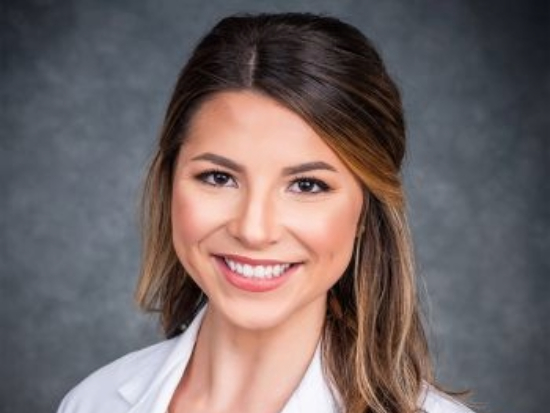
Caroline Sullivan's experience with Alabama AHEC’s clinical rotation placements profoundly shaped her path as a nurse practitioner. While attending Samford University’s Nurse Practitioner program, Sullivan connected with a preceptor at Quality of Life Health Services through East Central Alabama AHEC. Originally, she wanted to become a nurse practitioner in private practice, but she soon found her focus shift. The experience revealed to her the stark realities underserved communities face, specifically uninsured Alabamians in rural areas. It was no longer "just a job." Sullivan came face-to-face with gaps in care.
During her 2016-2017 rotations in Gadsden, Sardis, Boaz, and other rural communities, Sullivan worked with medically underserved patients, learning the importance of going beyond standard care.
One especially impactful case involved a homeless woman who had medical complications due to untreated diabetes. Sullivan arranged for her treatment at a local church and helped her to secure housing. It exemplified the level of care needed in these communities.
Sullivan's AHEC clinical rotation placement led to her first job at Quality of Life Health Services. There, she became a provider for uninsured patients, often stepping in as their specialist when they couldn't afford one. Sullivan believes every provider should have rural health care exposure, calling it essential to becoming a well-rounded medical professional.
Now, as a nurse practitioner at the Family & Community Medicine Clinic at UAB Hospital-Highlands, Sullivan’s story demonstrates the life-changing influence of the Alabama AHEC rural clinical rotation placements. Her experience exemplifies the importance of training in underserved areas and incentivizing rural preceptors through the Alabama Preceptor Tax Incentive Program.
Learn more about APTIP and register for the program.